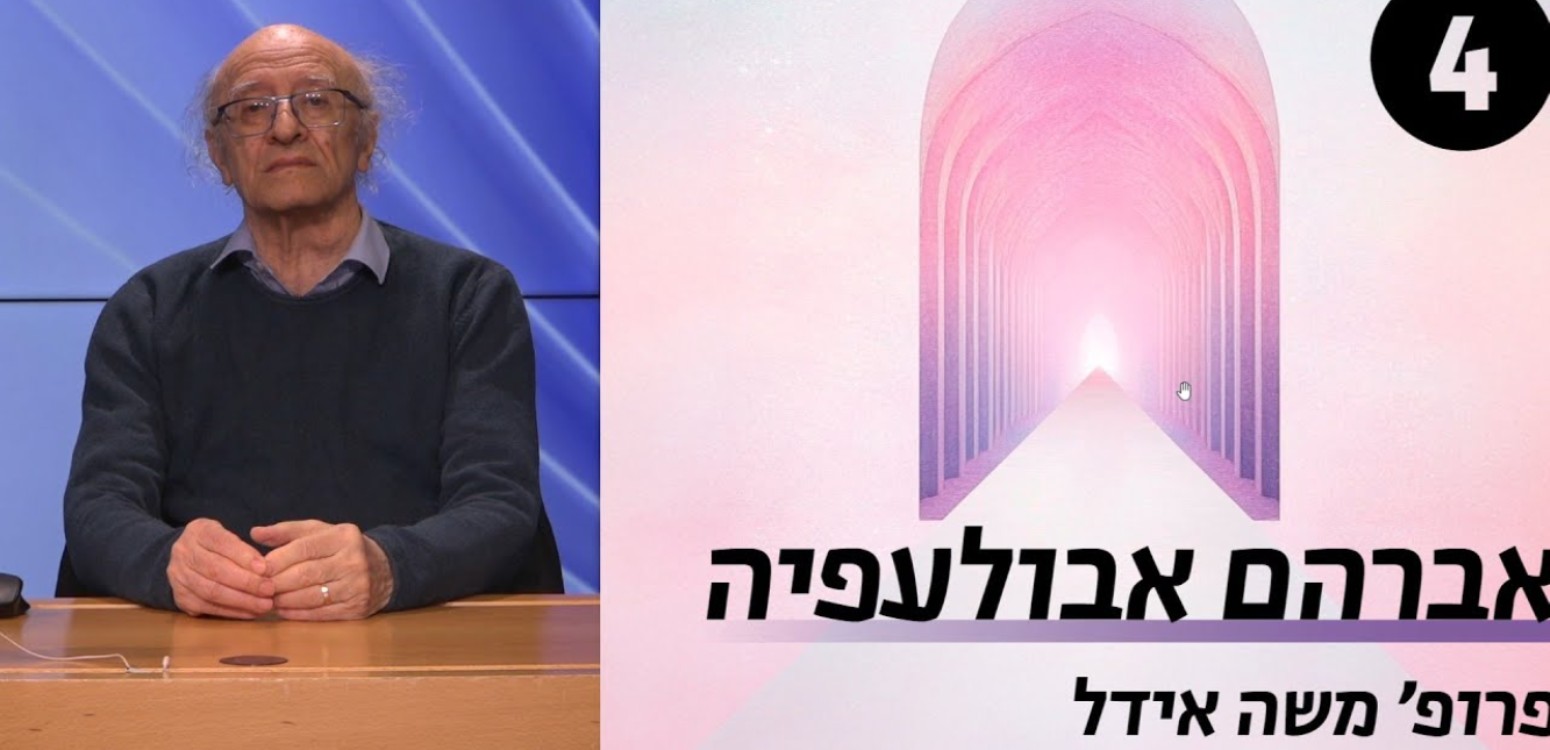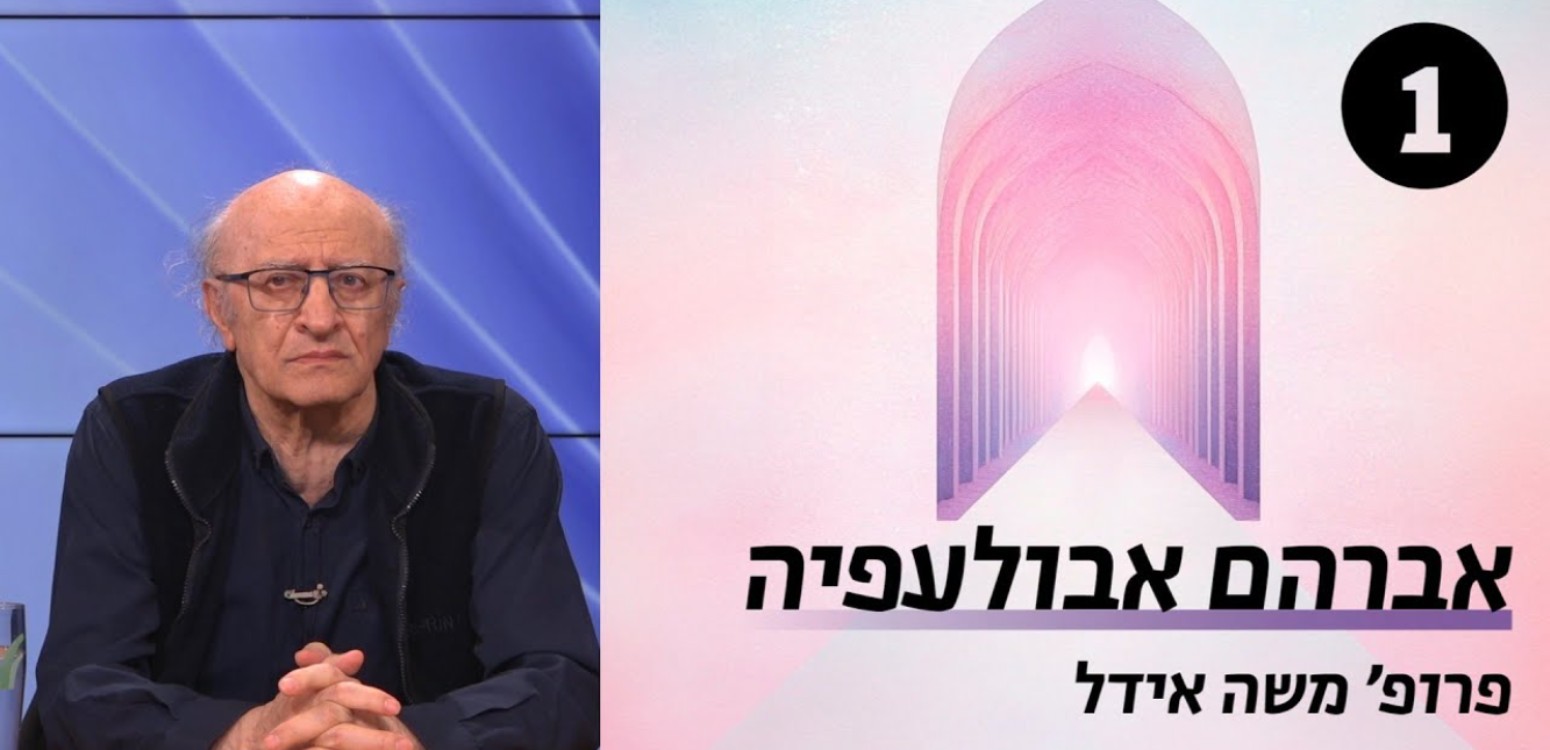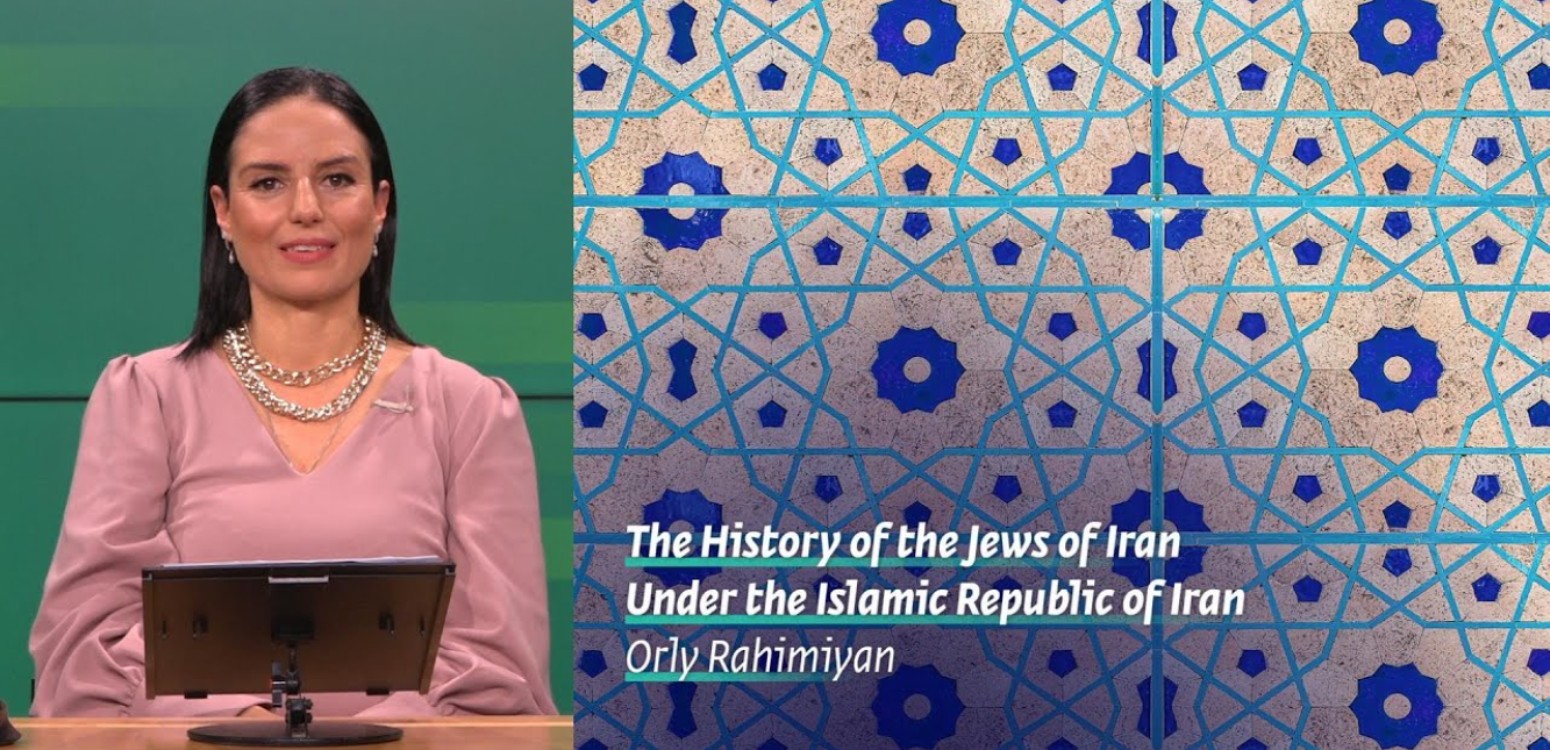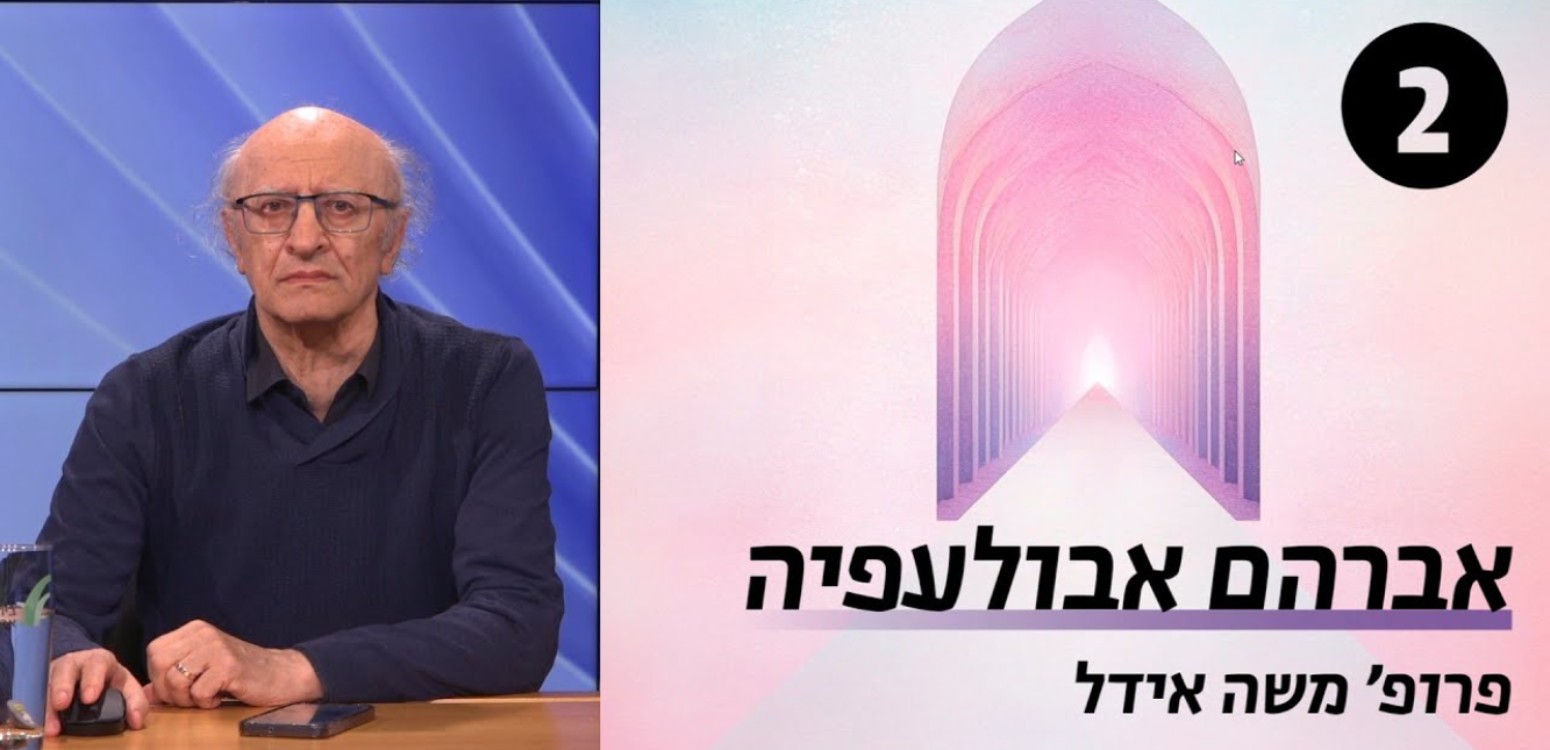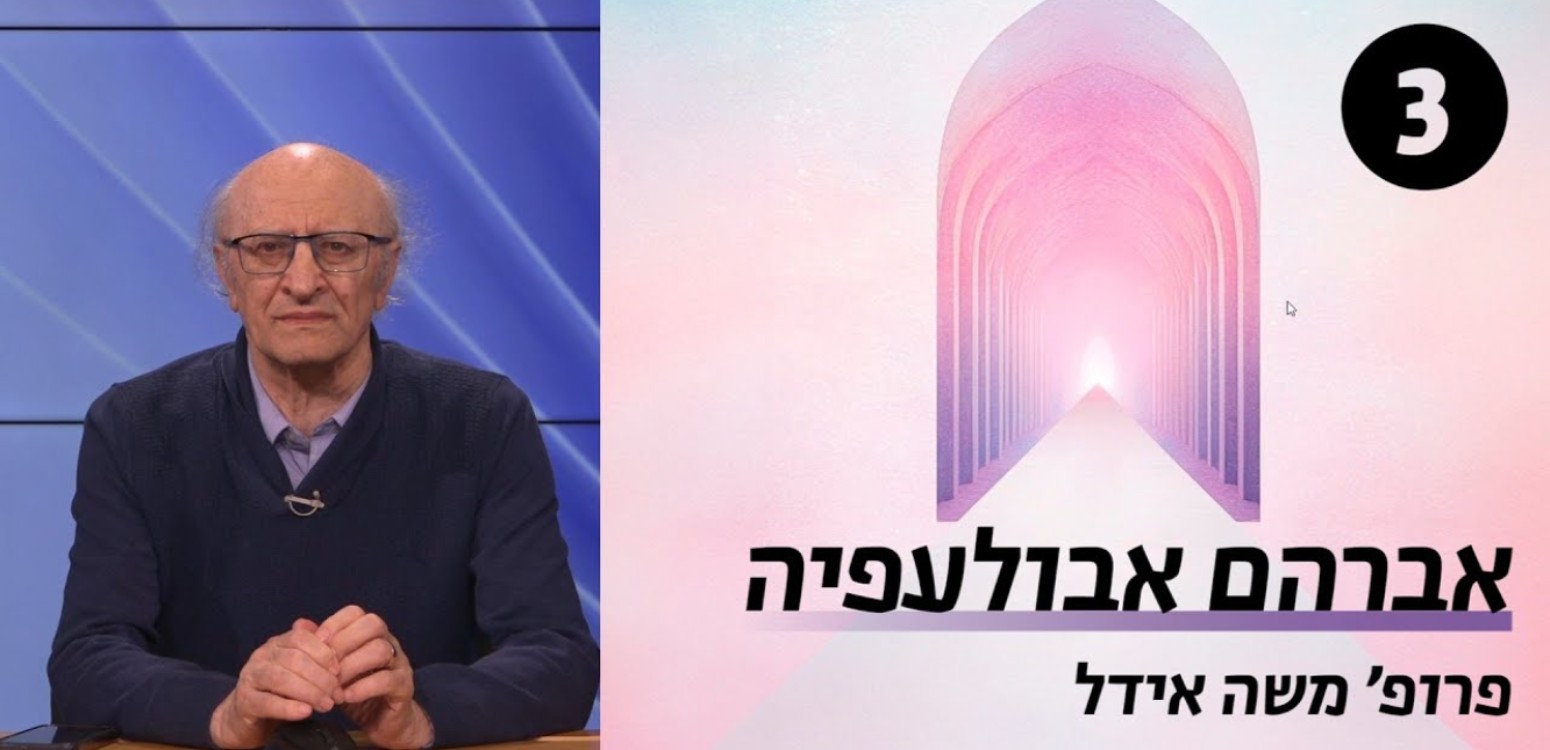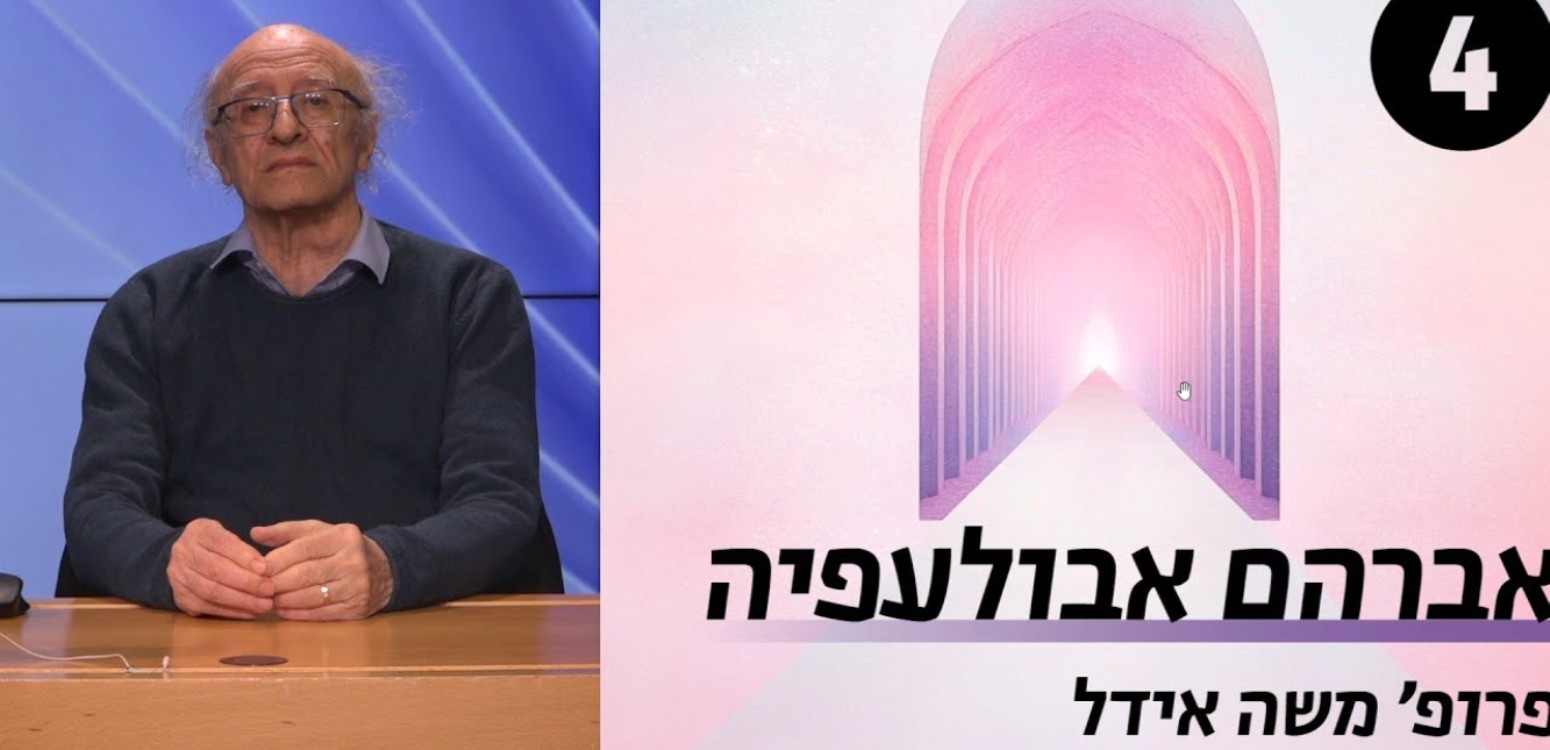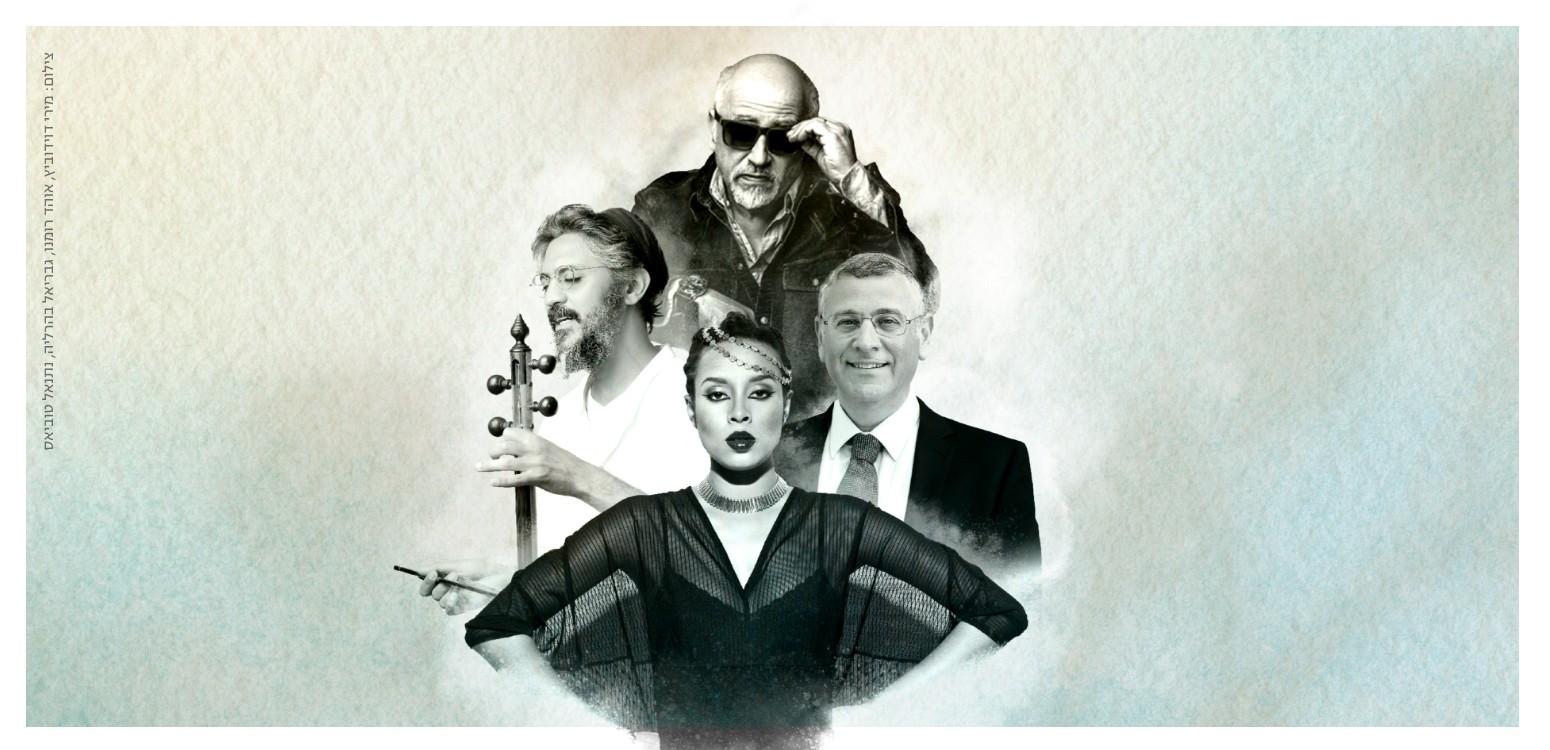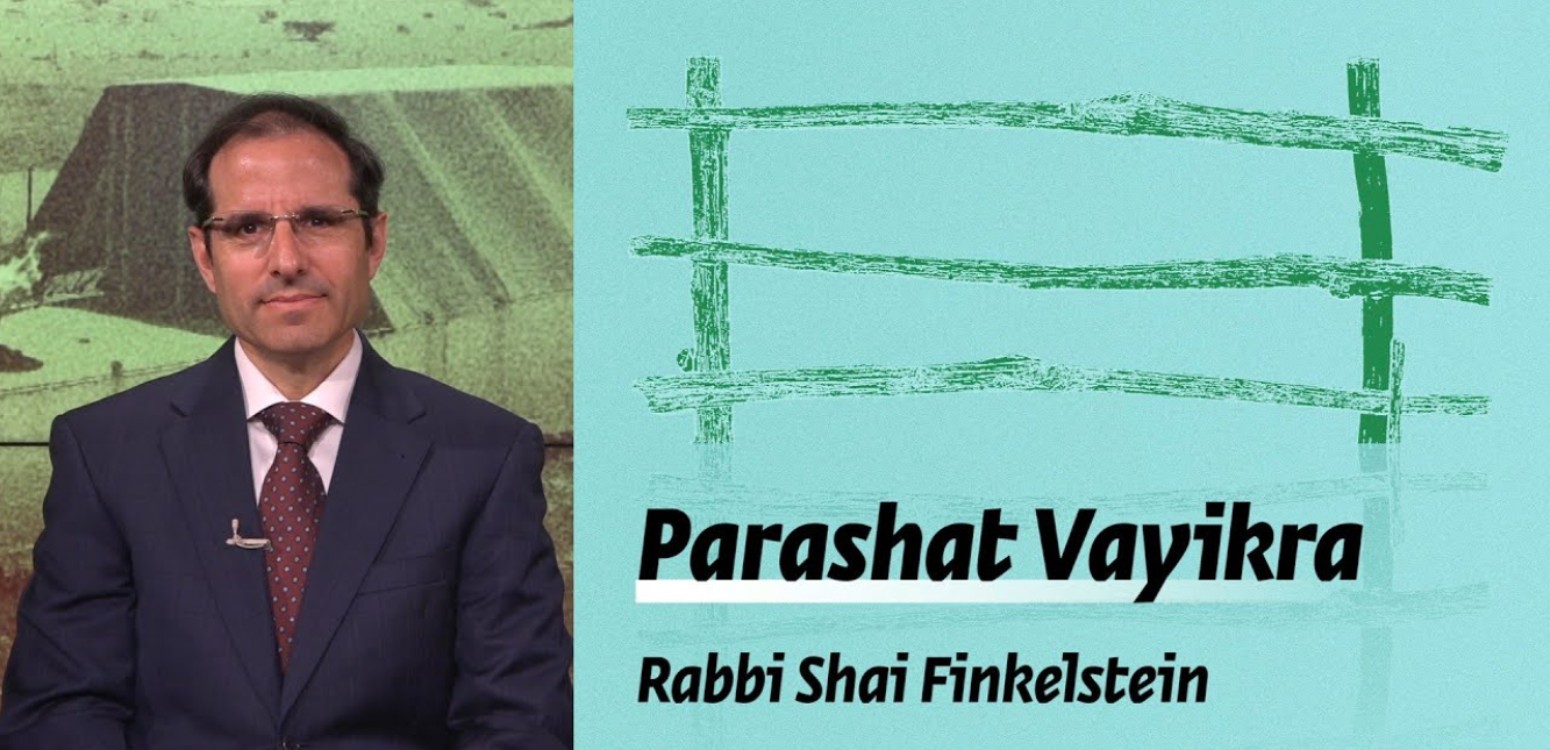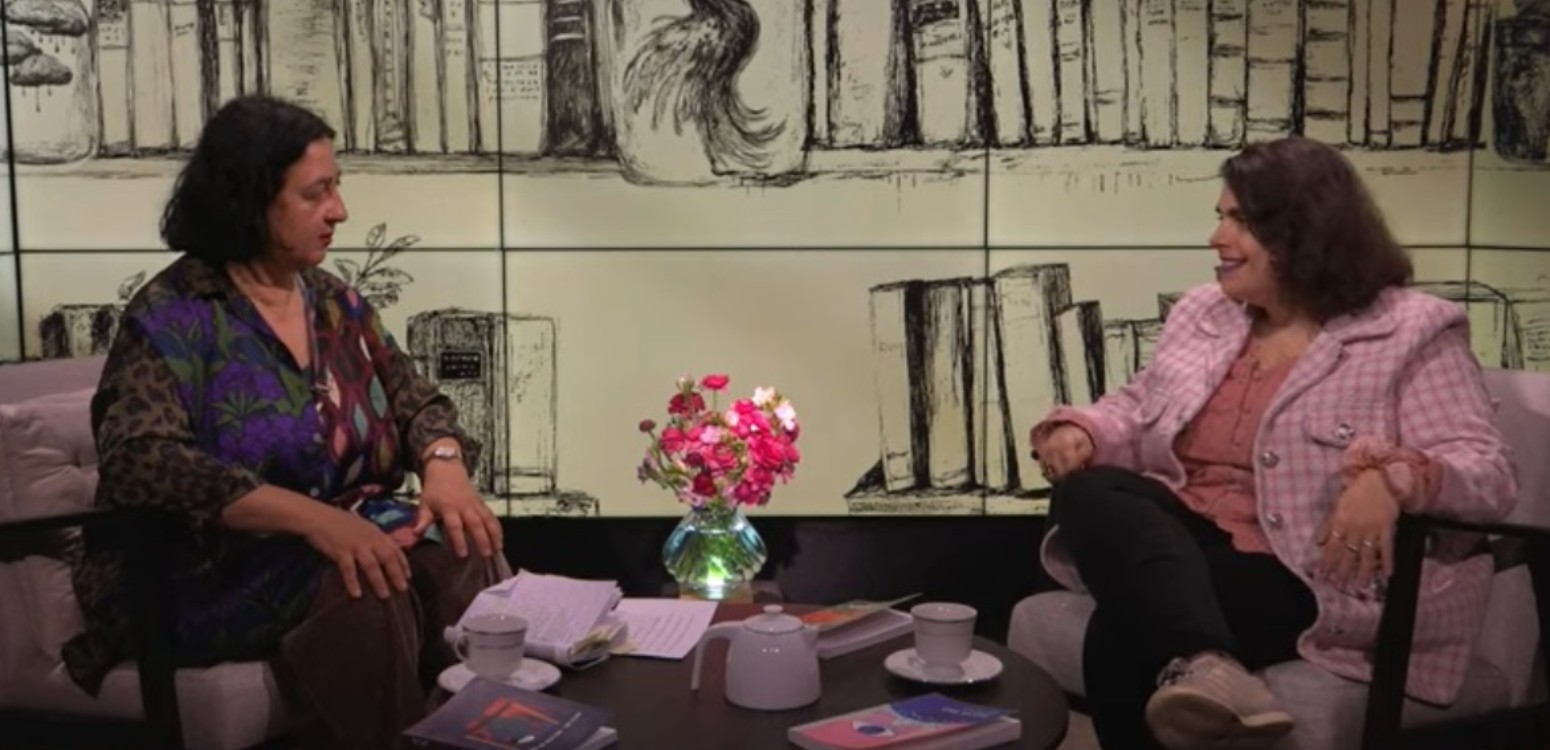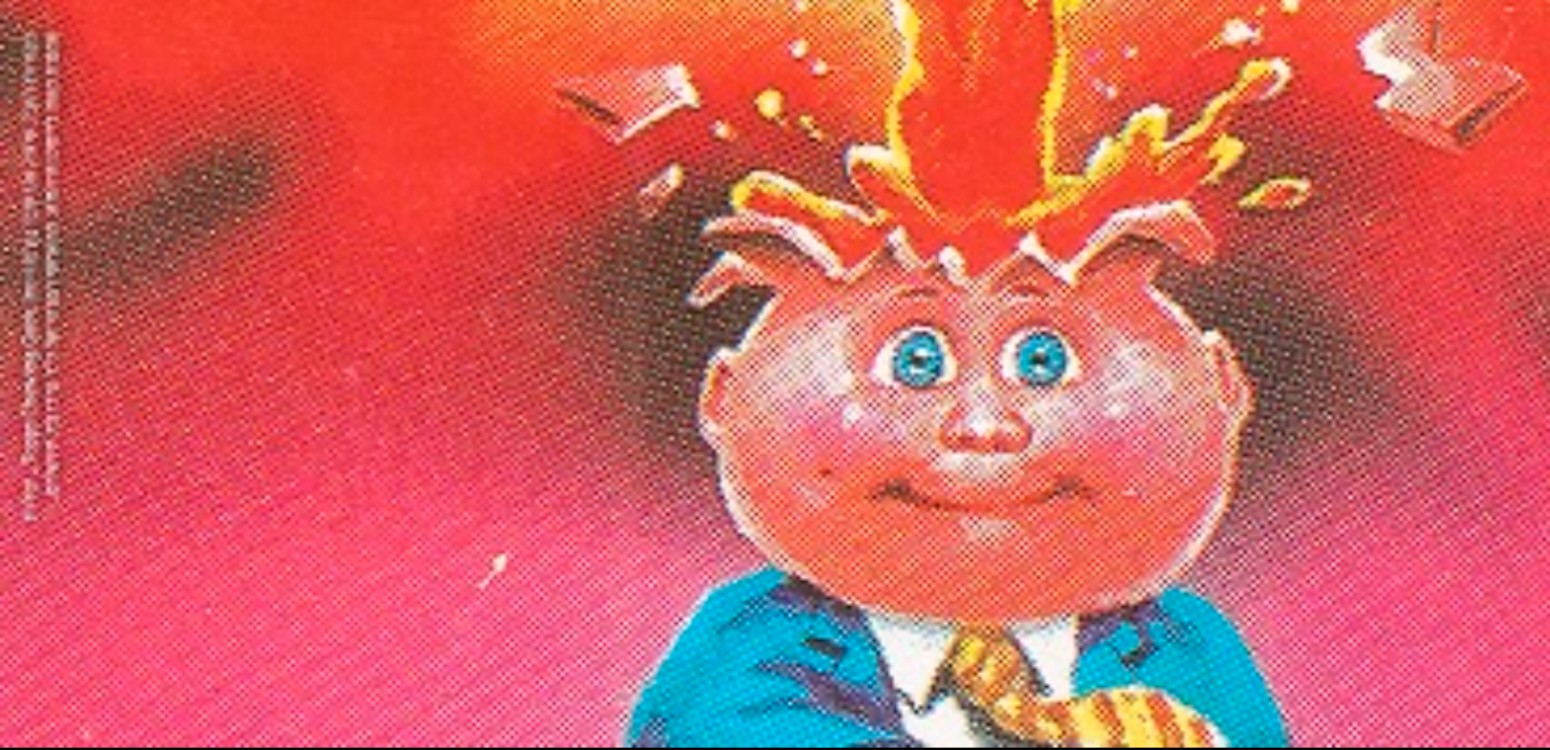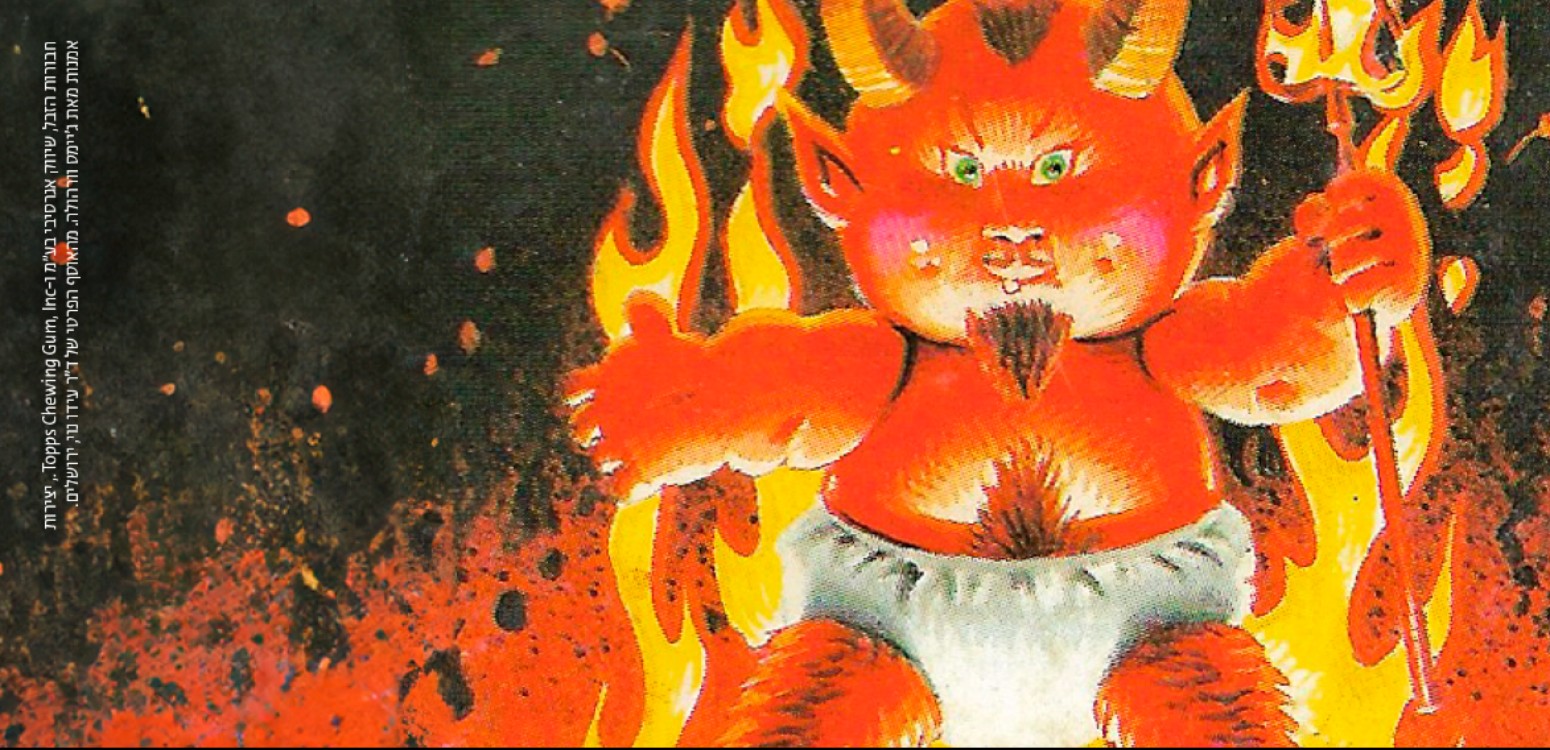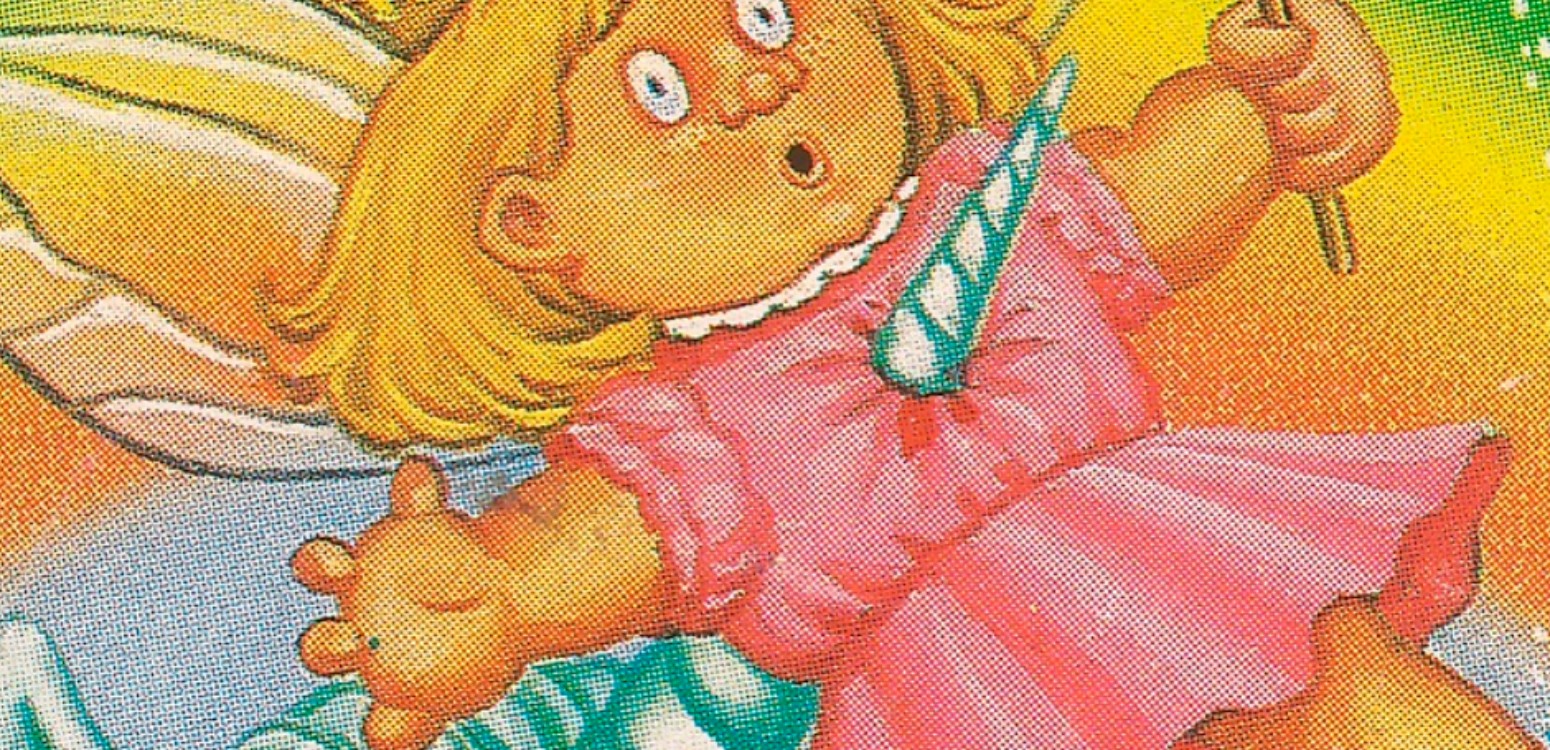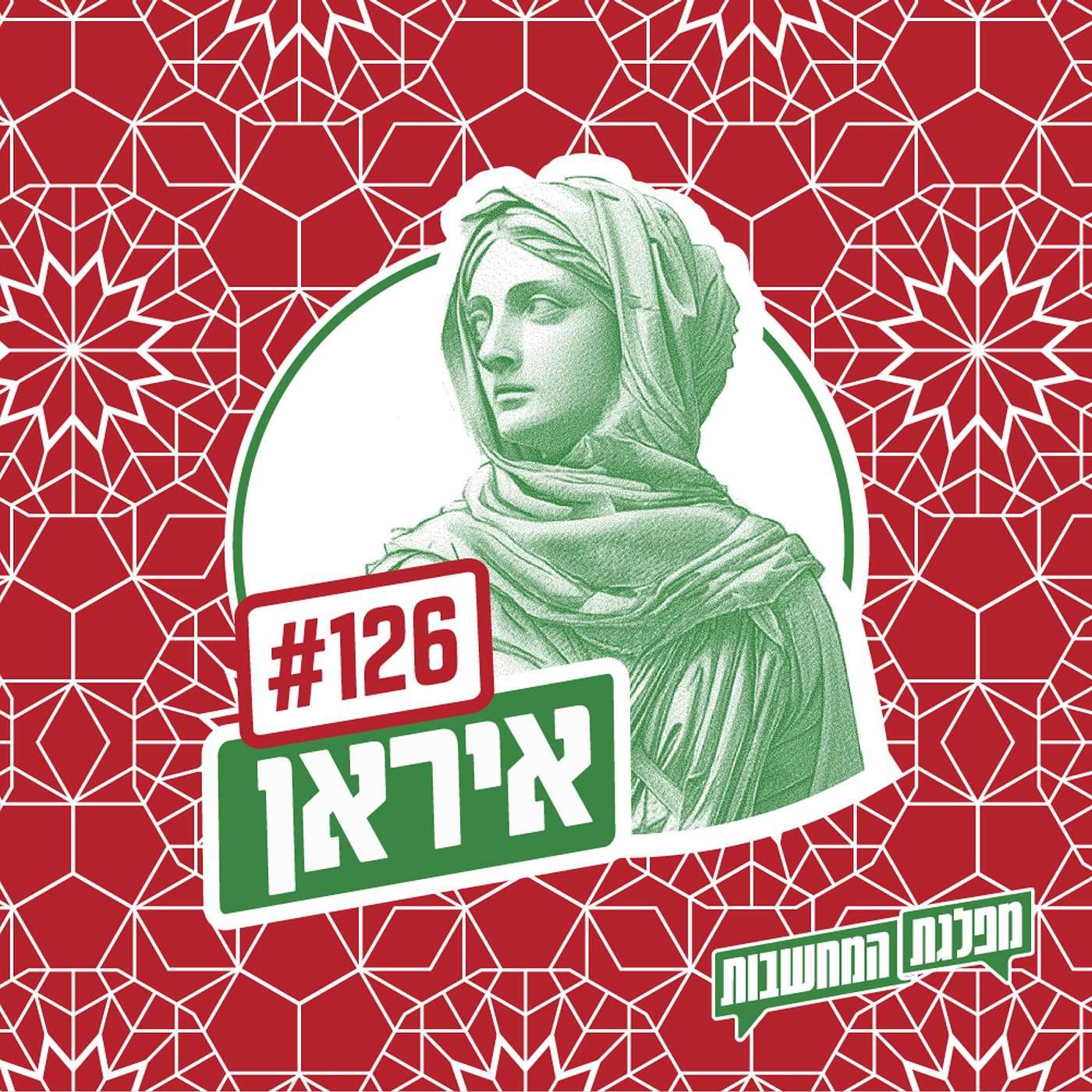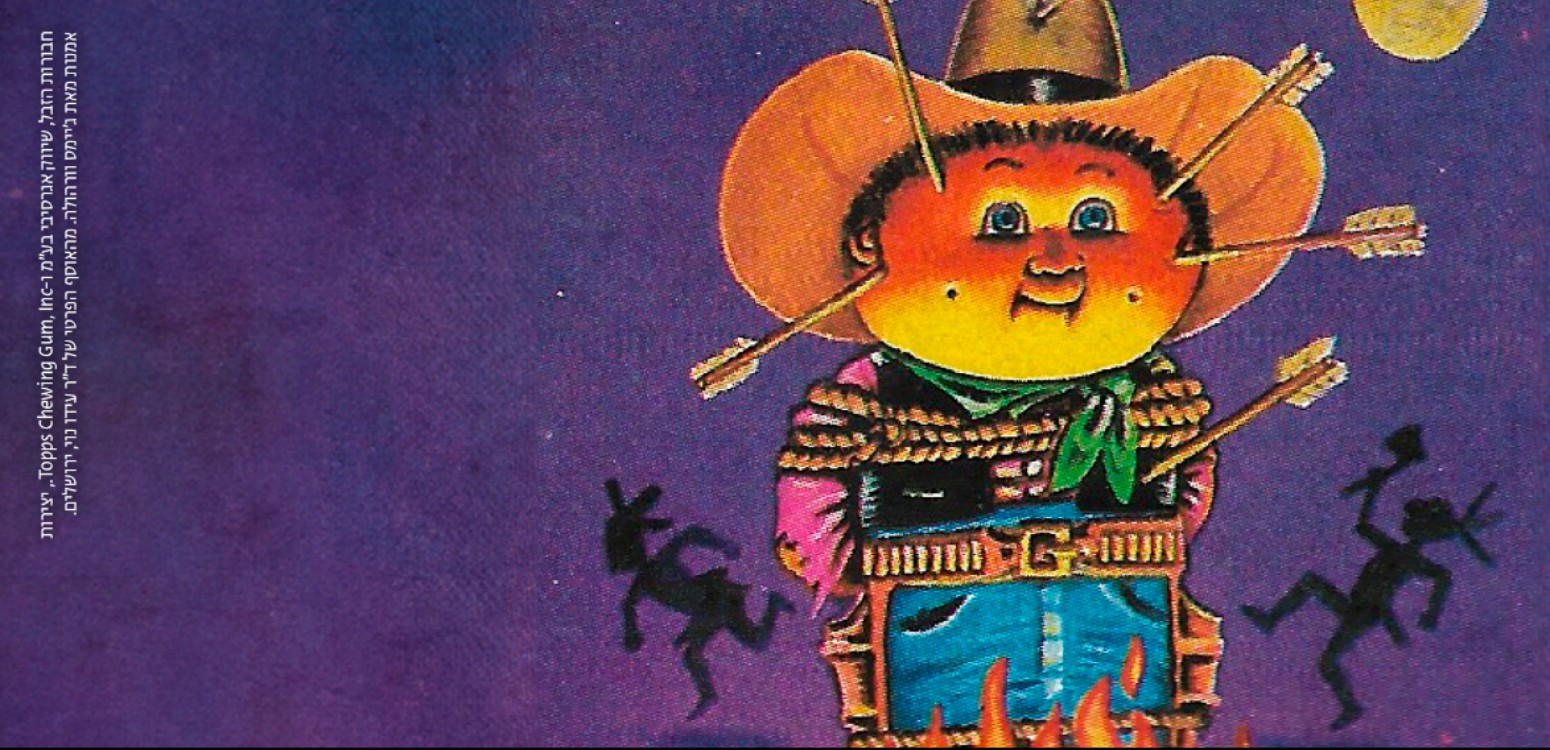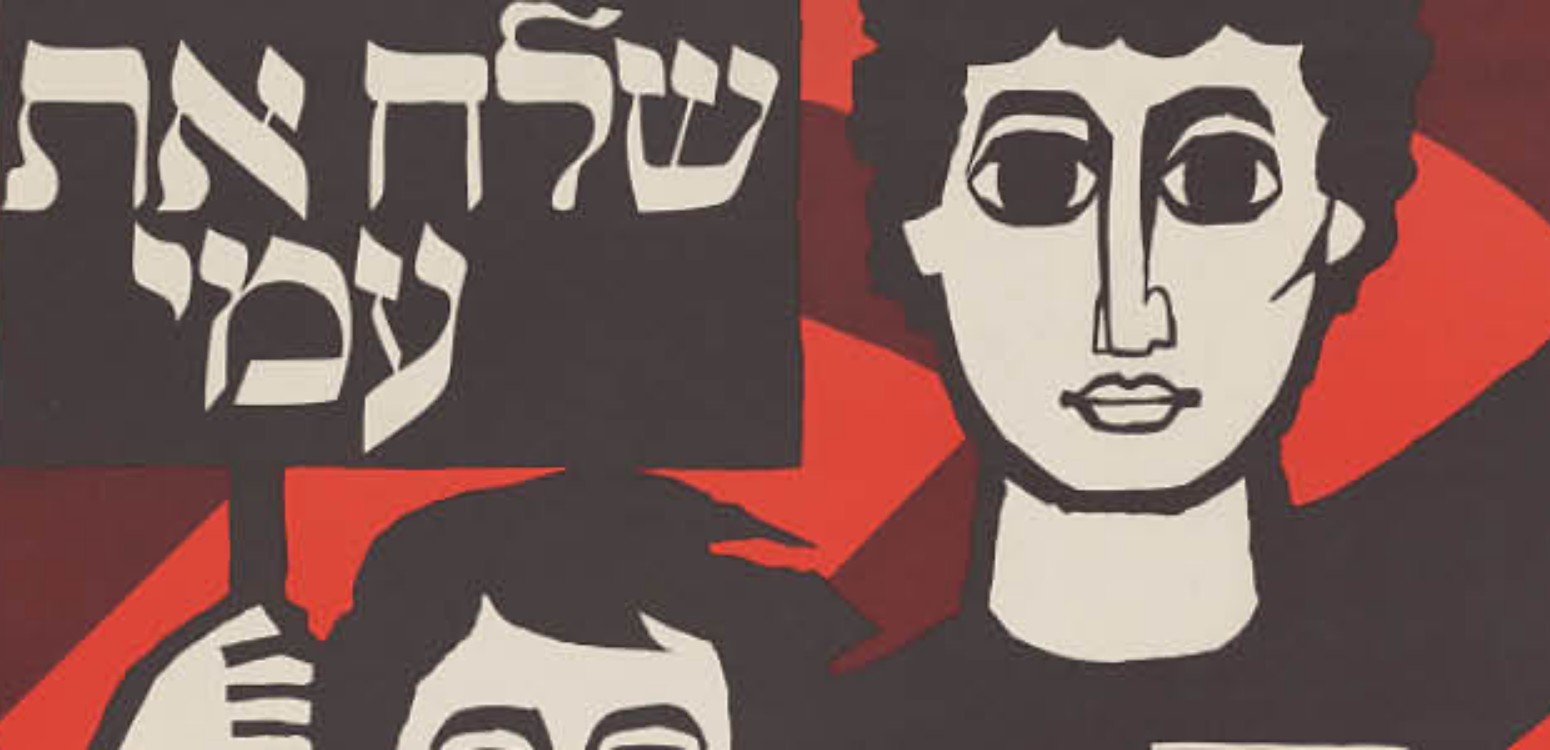
Exhibitions of Soviet Jewish Artists
In English | Sunday | February 19 | 8pm (1pm EST)
In the hope of influencing public opinion, the American protest movement against Soviet Jewish policies mounted exhibitions in the United States of Soviet Jewish artists. Among other exhibited artists, we learn about the way in which the Jewish Museum in New York sidelined artist Anatoly Kaplan in favor of underground and imprisoned artists in the Soviet Union.
Model.Data.ShopItem : 0 8
_
The winners of the Russian Revolution announced the most radical model of “emancipation” the contemporary world had seen at the time. Jews entered the country’s creative fields with an enthusiasm that the long history of the Pale of Settlement had seemingly extinguished. Even their heavy disappointment during the height of Stalinism did not cure artists of their utopian faith in the power of art. Jewish creative production flourished and came to define key aspects of what we now remember simply (and superficially) as “the Soviet Experiment.”
Our series traces the main institutional structures through which Soviet Jewish culture developed: Jewish artists in the State Animation Studio Soyuzmultfilm from the 1930s to the 1970s; the exhibition of Jewish art in the United States from the 1960s to the 1980s; and Israeli archival efforts to preserve the legacy of Soviet Jewry from the 1990s until today.
אירועים נוספים בסדרה

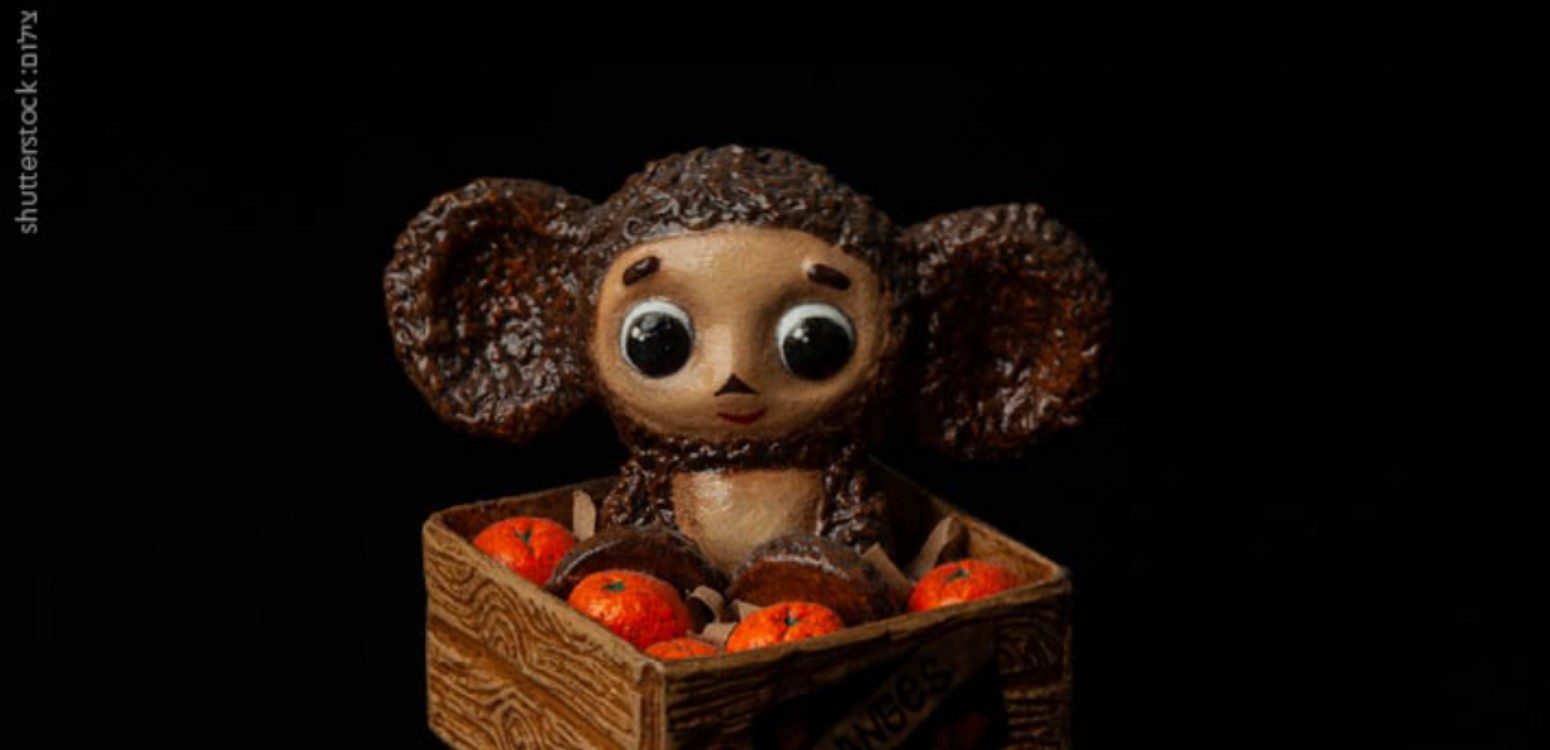
עוד בבית אבי חי
